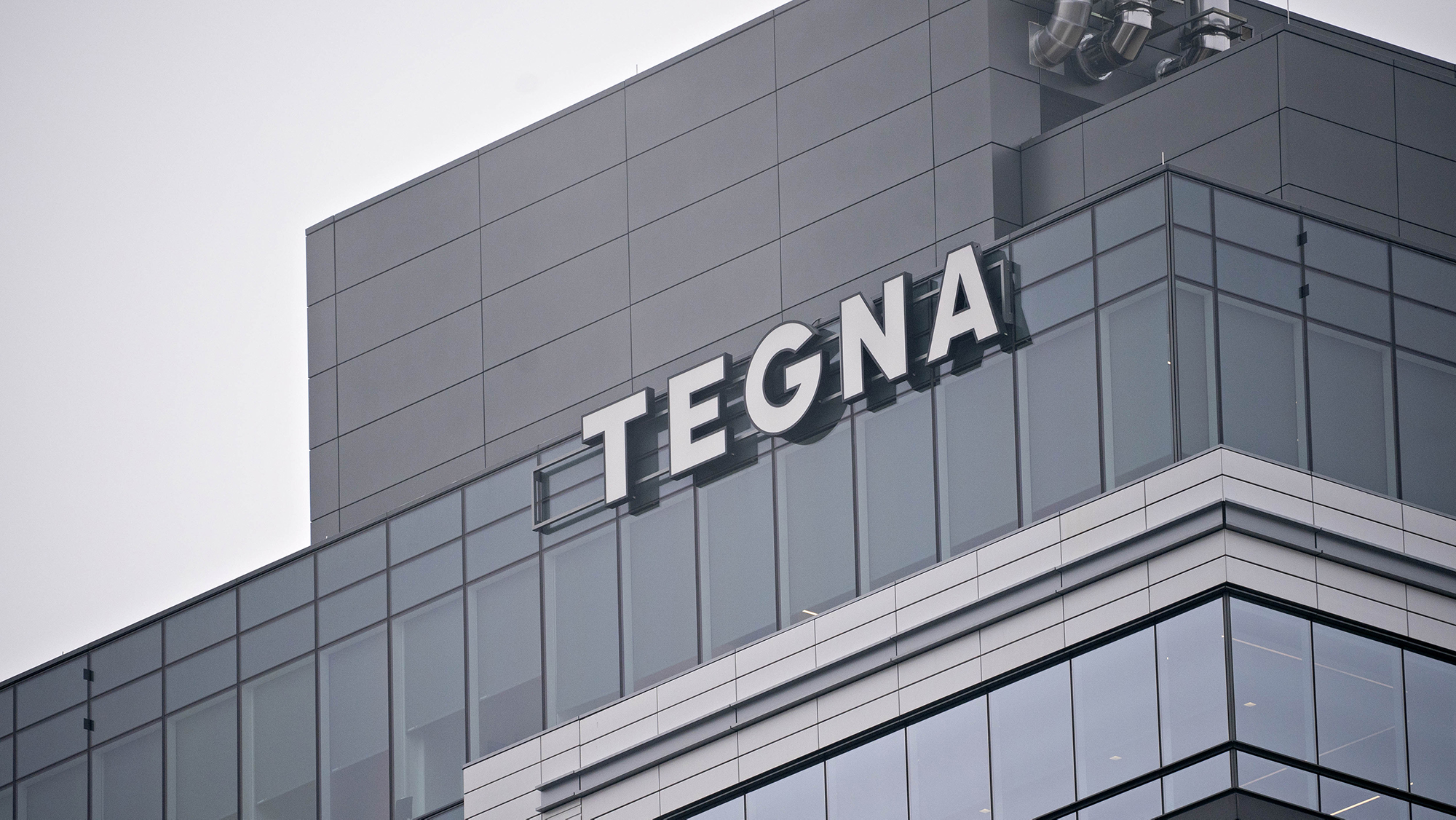Standard General Pledges No Newsroom Layoffs for Two Years
Works hard to get FCC to sign off on merger

The smarter way to stay on top of broadcasting and cable industry. Sign up below
You are now subscribed
Your newsletter sign-up was successful
Standard General is trying hard to get its Tegna deal done by year's end.
The Federal Communications Commission is currently on day 246 of its unofficial 180-day shot clock for vetting mergers.
In a letter to the FCC Friday (December 23), a copy of which was supplied to Broadcasting + Cable, the company committed to no journalism or newsroom layoffs for at least two years after the merger is approved and closes.
The FCC has sought additional info from the companies on potential layoffs and newsroom cutbacks, which Standard General has said it did not anticipate.
Also: Deadlocked FCC Still Has Power to Block Standard General/Tegna
It told the FCC it did not expect staffing reductions after that, but "cannot predict how future economic conditions or changes in the broadcast industry may require broadcasters to make adjustments in the composition or size of station staffing to best serve the needs of the public."
The company said that if the FCC wants it to, it will also commit to filing quarterly reports "providing the amount of new investments it has made at the local station level at Tegna, as well as, after the conclusion of the two-year period referenced above, information regarding any layoffs in the newsrooms of the Tegna stations."
The smarter way to stay on top of broadcasting and cable industry. Sign up below
Also: Team Telecom OK With Standard General/Tegna Merger
And given the concerns from unions — some of which have challenged the deal — about jobs, the company also told the FCC that Tegna would "recognize each of the labor unions currently covered by a collective bargaining agreement with Tegna as the exclusive collective bargaining representatives of those bargaining unit employees," collective bargaining agreements Standard General said it would require Tegna to honor.
The company last week agreed to waive its "contractual rights to apply after-acquired retransmission rates to the Tegna stations," meaning it couldn't raise retrans rates for Tegna stations to the level of its existing stations, and this week said it would agree to "all of the conditions on the transaction requested by NCTA," specifically not to commit to enter into joint sales, shared services or local marketing agreements between Tegna and the Cox Media Group stations and not to "engage in joint or coordinated retransmission agreement negotiations."
Standard General reiterated that its D.C. newsroom will supplement Tegna news offerings and "will in no way serve to displace local news or local journalists."
Tegna, which owns 64 TV stations in 51 U.S. markets, agreed to be acquired by Standard General in February for $8.6 billion including debt. Tegna also owns multicast networks True Crime Network, Twist and Quest, as well as advanced-advertising company Premion.
Deb McDermott, CEO of Standard General’s Standard Media Group, has written to Tegna newsroom personnel to tell them of the company's commitment to news and news jobs.
Standard General executives have also pointed out that the "complicated" deal structure some have criticized would result in a boost in women and minority ownership of media, an FCC public interest goal. ■
Contributing editor John Eggerton has been an editor and/or writer on media regulation, legislation and policy for over four decades, including covering the FCC, FTC, Congress, the major media trade associations, and the federal courts. In addition to Multichannel News and Broadcasting + Cable, his work has appeared in Radio World, TV Technology, TV Fax, This Week in Consumer Electronics, Variety and the Encyclopedia Britannica.

